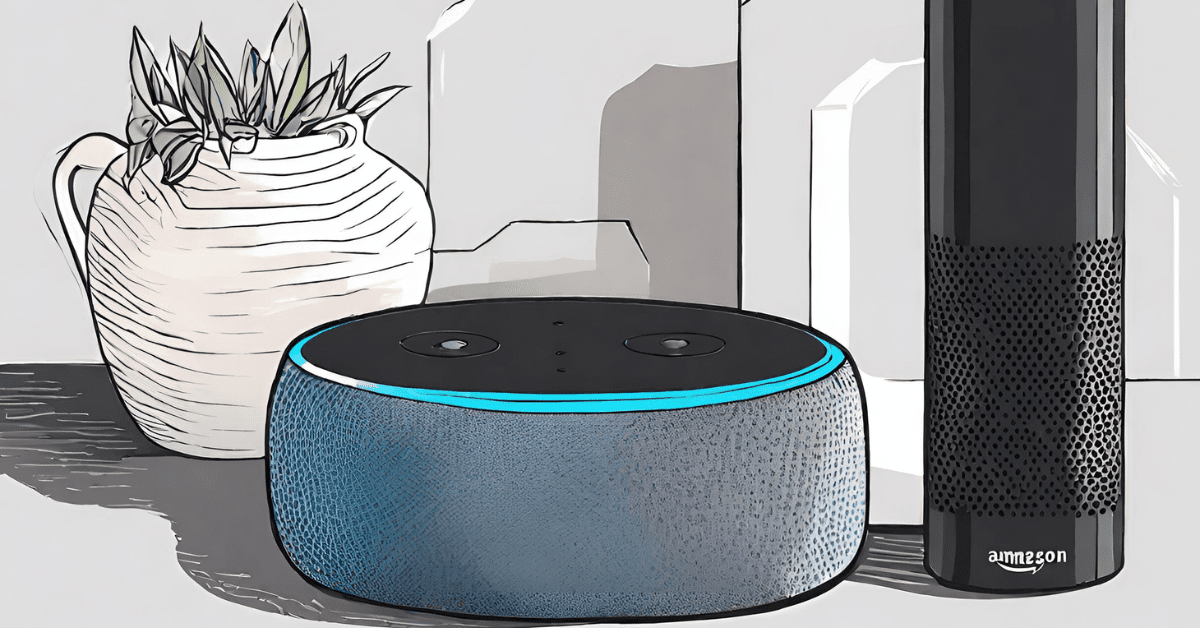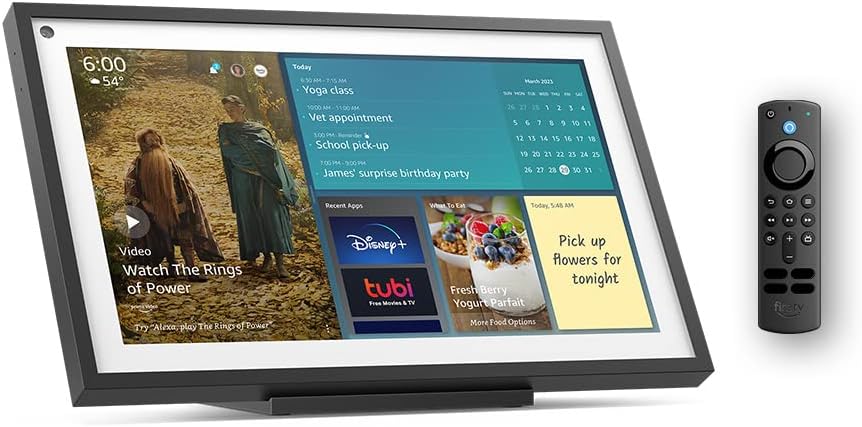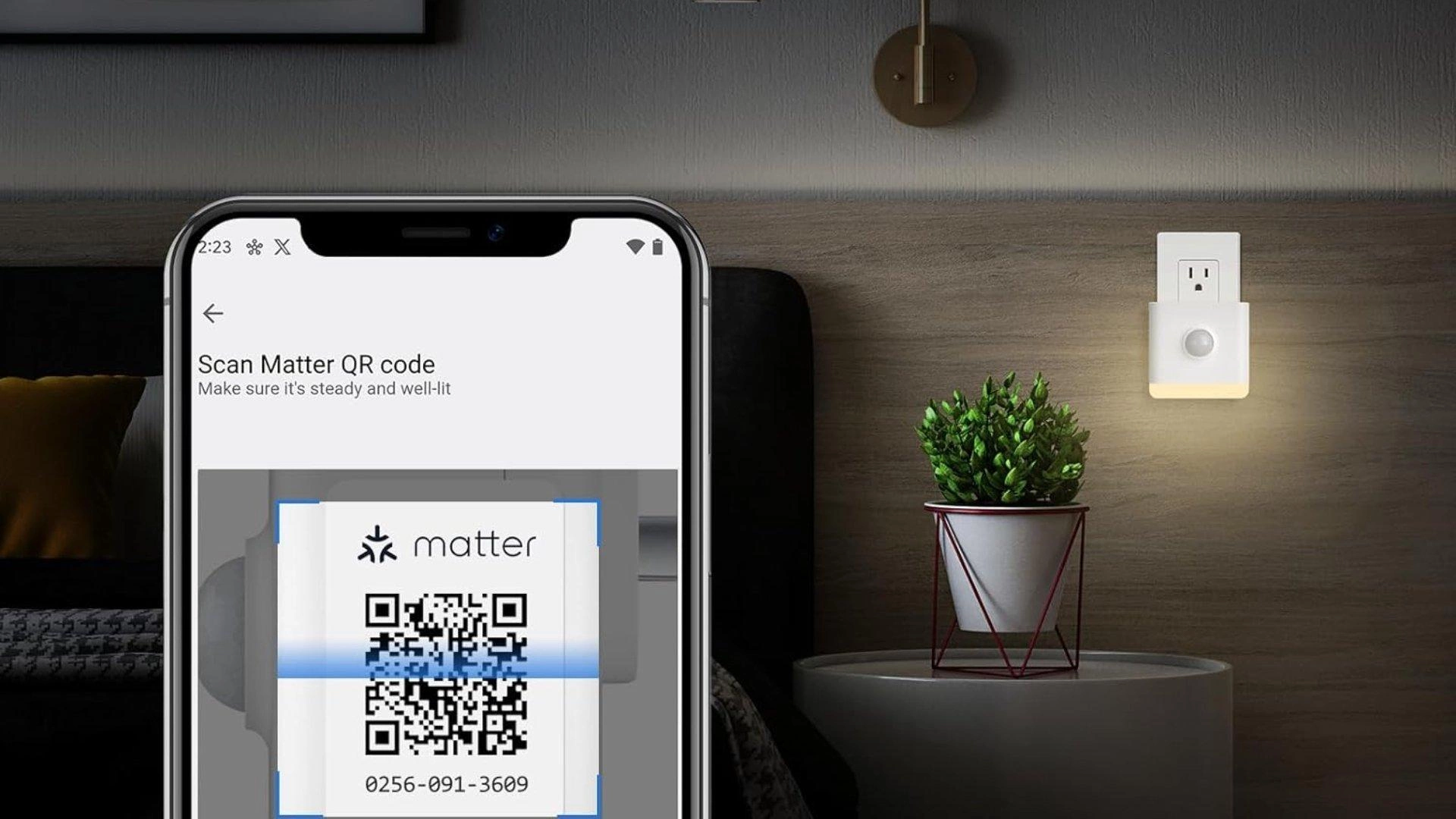You cannot have a modern smart home without wireless technology. The alternative is cabling everywhere, and while purpose-built smart homes of the past might have accommodated this, it certainly isn’t practical for most of us.
As with most smart home protocols, Matter relies on wireless networking. Wi-Fi, Bluetooth, and Thread are all used by Matter-compatible hardware, each with their own specific requirements (Ethernet is also used for some devices, such as bridges). Usually, these aren’t things you will need to worry about, but there is an aspect of Matter’s Wi-Fi requirement that might just impact its implementation on your network: multicast DNS (mDNS), a stand-alone protocol intended for small networks.
Does Matter demand mDNS, or can you use Matter without it?
What is mDNS?
To understand mDNS, you should probably be familiar with DNS (Domain Name System). This is essentially a phone book for the web, with server IP addresses attached to domain names. So when you enter a domain name in your browser (e.g. “www.matteralpha.com”), a DNS server finds the IP address of the web server and sends you to it.
DNS is one-to-one, or unicast, and requires a DNS server on the internet. Conversely, as you may have gathered already, mDNS is multicast, and is used on local networks. All devices on the local network communicate with each other rather than via a DNS server. DNS-based Service Discovery (DNS-SD) is often found alongside mDNS, which can assist in discovering specific devices on a network.

Hardware that uses mDNS includes:
-
Wireless display adapters (e.g. Chromecast, Miracast)
-
Wireless printers
-
Computers
-
Wireless speakers
-
Smart speakers
-
Smartphones
-
Various IoT devices
While not all devices that use mDNS are smart home related, you can see from this list how useful the protocol is in that environment.
What Matter Needs from Networks
Before looking at Matter’s relationship with mDNS, it’s a good idea to revisit Matter’s goals, and how these are achieved.
The basic purpose of Matter is to enable improved compatibility between smart home tech from different manufacturers, and to foster interoperability. Matter communicates over the Internet Protocol, and devices use IPv6 and mDNS (among other technologies).
Matter also needs to be easy to use. One of the key struggles with smart home networks in the past has been adding devices. With Matter, onboarding new smart home tech is made far easier, thanks to its seamless device discovery and communication.
The Role of mDNS in Matter
Matter uses mDNS to improve device discover on local networks, and is part of the simplified device setup. Consequently, if you want to use Matter successfully, your network should have mDNS enabled.
For Matter to work as intended, needs to support multiple protocols. So, while some devices might rely heavily on Thread’s low-power mesh network, others might require Zigbee (which creates wireless personal networks). Like Zigbee, mDNS relies on Wi-Fi to create a separate, ad-hoc, custom network.

Matter’s own device-to-display system, Matter Casting, also relies on mDNS. This is a key feature of Matter moving forward, a system that enables status updates from devices (and even footage from Matter-compatible security cameras) to be cast to a suitable display, such as the Echo Show 15.
Are There Any Alternatives to mDNS?
What if there is a problem using mDNS in your network? Perhaps it causes issues with IoT hardware, or your network admin has concerns over the security of mDNS. Either way, you might be interested to know if there are any alternatives.
In theory, you could rely on other device discovery and communication in Matter. However, Matter relies quite heavily on mDNS, and options like Bonjour and Zeroconf are not part of the specification.
Not using mDNS will make device discovery and onboarding difficult, if not impossible, on a Matter smart home network.
So, Does Matter Need mDNS?
Matter aims to create a unified smart home experience, with compatibility and interoperability, and easy device onboarding. It uses Wi-Fi, Thread, Bluetooth LE, Ethernet, and should be able to adopt new communication protocols as they’re developed.
Within the use of Wi-Fi, Matter supports mDNS, for easy multicast networking. This is included to support network discovery of devices, vital for both adding new devices to a Matter smart home, but also for communicating with them – for instance, via smart speakers.
In short, Matter needs mDNS, and while there are alternative protocols for device discovery, they’re not supported within Matter’s documentation.

